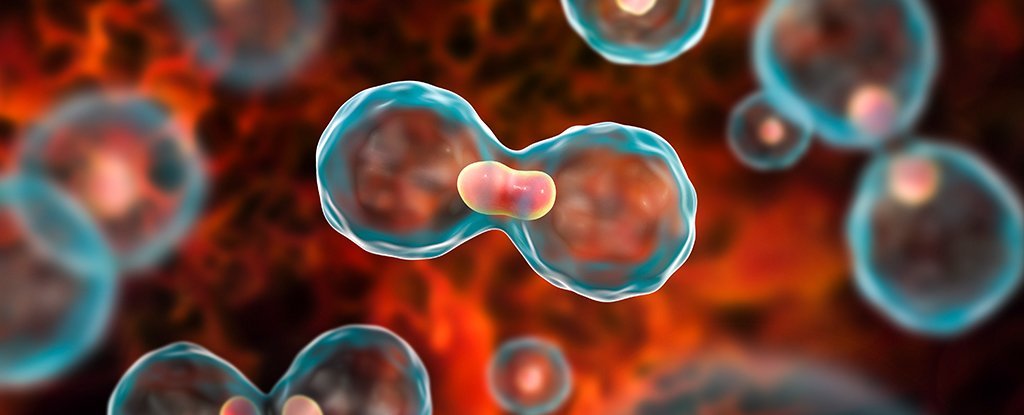Complementary Medicine: An Emerging Paradigm in Cancer Treatment
Dr. William Fair M.D. was a well-respected prostate cancer surgeon and chairman of urology at the Memorial Sloan-Kettering Cancer Center (MSKCC) in New York from 1984 to 1997. He thought of complementary medicine as “touchy-feely west coast nonsense” until his battle with colon cancer forced him to reconsider.
Shortly after his diagnosis in 1995, Fair began treatment at MSKCC, one of the top cancer institutions for surgery and chemotherapy in the United States. Despite the success of the first surgery to remove some of his cancerous colon, Fair’s cancer returned in 1997 and was labeled “aggressive and incurable” even with a second surgery. Fair’s doctor gave him a one in 10 chance of living five more years.
“My choices were limited—another risky operation, extensive radiation and experimental chemotherapy,” Fair told The New York Times. “Knowing these treatments could be very toxic and debilitating, I set out on my own to investigate approaches outside conventional medicine that I felt would preserve my quality of life, and perhaps slow the progression of the disease,” he said.
Following his bleak diagnosis, the respected scientist and surgeon decided to take a more natural approach to his treatment. He made major dietary changes, adopted a regular yoga practice and exercise routine and started some specific supplements. This new approach worked.
Though it did not cure his cancer, Fair was able to remain active until a few weeks before his death – five years after he was given a mere 10% chance of living five more years. Even Fair’s doctor was shocked by his longevity.
Dr. Fair’s story illustrates the power of complementary medicine to extend and enhance life. In the last 20 years since Fair’s passing, there have been remarkable advances in the use of complementary medicine to treat cancer. Injectable mistletoe, high dose intravenous vitamin C, low dose naltrexone are among the many available natural therapies that not only help augment the immune system to attack cancer, but also have a direct cytotoxic effect on cancer cells.
In practice, complementary therapies are currently being used in conjunction with standard chemotherapy or radiation therapy in order to minimize the toxicity of these treatments while simultaneously increasing their effectiveness.
…And much like with Dr. Fair, it is being demonstrated that these therapies can help extend the length and quality of a patient’s life.
Terry Pfau DO, HMD

